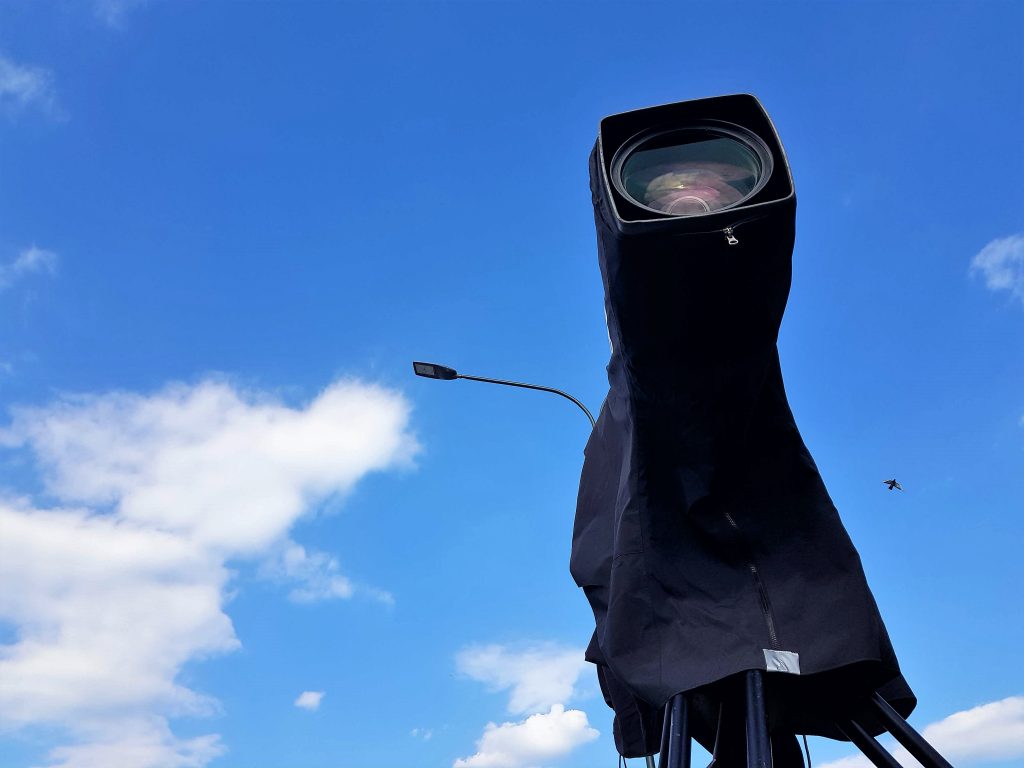New limitations of the European Commission in the use of artificial intelligence.

Facial recognition technology has gained popularity among companies as a means of monitoring activities for security purposes and confirming the identity of customers. The European Commission has proposed new regulations on the use of artificial intelligence technologies. The regulations are designed to support innovations, such as the use of AI to improve production, forecast climate change and increase user confidence in new generation products with versatile applications.
On the other hand, the use of technologies harmful to the citizens of the European Union, violating their right to privacy, is to be prohibited or subject to restrictions. The proposal is based on a ban on the use of real-time facial recognition by law enforcement, with exceptions. Another assumption is also to prohibit the use of certain types of artificial intelligence systems. The body of the European Union proposed the introduction of a new law that would regulate the issue of using artificial intelligence.
The introduction of the law would significantly expand the role of the European Union, enforcing technologies at the global level. For years, the European Union has been involved in the development and implementation of new regulations aimed at harnessing the excesses of large technology companies and, above all, limiting the potential risks associated with new technologies in various areas, from competition to online content moderation.
The Executive Vice-President of the European Commission lays down the new law – “our rules address the risks to people and society associated with certain applications of AI“. It should be noted that the provisions must be approved by the European Council. The idea of introducing the law, although it has only been known for several hours, has already gained both its supporters and opponents. The powers of law enforcement agencies have been significantly limited, however, judges may approve exemptions that include finding abducted children, detaining an immediate terrorist threat and locating suspects of committing certain crimes, such as fraud or murder. The list of exceptions is very extensive.
The use of artificial intelligence technology has been divided into four risk categories, including the division into categories, i.e. dangerous technologies, technologies representing minimal risk. The European Union points out that most artificial intelligence applications, such as video games or anti-spam filters, would not have the new rules under the law. Chatbots, i.e. computer programs that are able to talk to an Internet user, are classified as technologies that pose a limited risk. Therefore, chatbots have imposed transparency requirements, i.e. they are obliged to inform users using such services that they are not real people. So that users are aware that they are interacting with the machine. Another category is AI technologies, which are classified as high-risk technologies because they have a negative impact on people’s safety and may violate their fundamental rights.
All types of biometric identification, such as facial recognition technology, have been identified as high-risk technologies and are therefore subject to strict requirements. As a rule, their use in public places, such as parks, city centers, offices, will be prohibited in the European Union. Police would be prohibited from using real-time facial recognition technology at a distance, except in certain situations, such as searching for a crime victim or trying to prevent a specific threat to public security, such as a terrorist attack. In such a case, the decision to use the technology will have to be issued by a court or law enforcement authorities and it may be used only for a specified period of time and in a specific place and for crimes punishable by a minimum penalty of 5 years imprisonment. The new rules are to be applied in the same way in all Member States. Companies, also foreign but operating in the EU, will have to adapt to them, otherwise they will face fines from 20 million euros to even 4%. annual turnover. In terms of governance, the Commission proposes that the new rules should be supervised by the national market surveillance authorities designated by the Member States. The implementation of the regulations is to be supervised by a specially established European Council for Artificial Intelligence.
